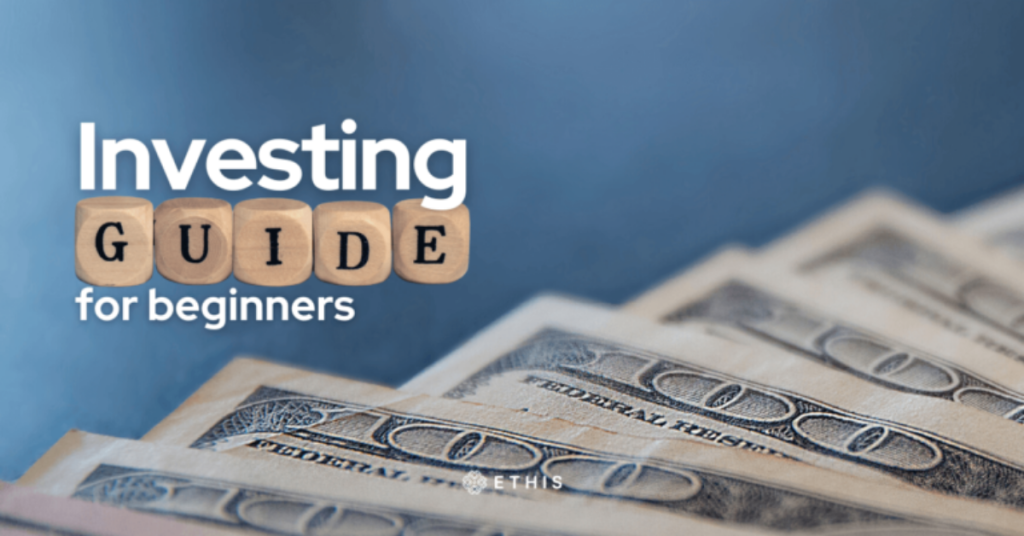The current economic landscape is filled with uncertainty, making it challenging for individuals to plan and achieve their financial goals. With market fluctuations, inflation, and changing economic policies, it’s essential to develop a robust financial strategy to weather the storm. In this article, we’ll outline a 10-step plan to help you create and achieve your financial goals, even in a wavering economy.
Step 1: Assess Your Current Financial Situation
Begin by taking a thorough inventory of your income, expenses, assets, and liabilities. This will help you understand where you stand and identify areas for improvement. Make a list of your:
- Income sources
- Fixed expenses (rent, utilities, mortgage, etc.)
- Variable expenses (entertainment, groceries, etc.)
- Assets (savings, investments, properties, etc.)
- Liabilities (loans, credit card debt, etc.)
Step 2: Set Clear Financial Goals
Establishing specific, measurable, achievable, relevant, and time-bound (SMART) goals is crucial for financial success. Consider short-term goals (less than 5 years) and long-term goals (more than 5 years). Examples of financial goals include:
- Paying off high-interest debt
- Building an emergency fund
- Saving for a down payment on a house
- Retiring early
- Funding your children’s education
Step 3: Create a Budget

A budget is a vital tool for managing your finances effectively. Allocate your income into categories, such as:
- Housing (30% of income)
- Transportation (10-15% of income)
- Food (10-15% of income)
- Insurance (5-10% of income)
- Entertainment (5-10% of income)
- Savings (10-20% of income)
Step 4: Prioritize Needs Over Wants
Distinguish between essential expenses (needs) and discretionary expenses (wants). Prioritize needs, such as:
- Housing
- Food
- Utilities
- Insurance
- Minimum debt payments
Step 5: Develop a Debt Reduction Plan
High-interest debt can hinder your financial progress. Create a plan to pay off high-interest debt, such as:
- Credit card debt
- Personal loans
- Mortgage debt
Consider debt consolidation, balance transfer, or snowball methods to pay off debt efficiently.
Step 6: Build an Emergency Fund

An emergency fund provides a safety net during economic downturns or unexpected expenses. Aim to save 3-6 months’ worth of living expenses in a easily accessible savings account.
Step 7: Invest Wisely
Investing can help your wealth grow over time, but it’s essential to do so wisely. Consider:
- Diversifying your portfolio
- Low-cost index funds
- Tax-advantaged retirement accounts (401(k), IRA, etc.)
- Consulting with a financial advisor
Step 8: Monitor and Adjust
Regularly review your budget, investment portfolio, and debt reduction progress. Adjust your strategy as needed to stay on track and adapt to economic changes.
Step 9: Diversify Your Income

Having multiple income streams can help you weather economic storms. Consider:
- Starting a side business
- Investing in dividend-paying stocks
- Pursuing alternative sources of income (rental properties, etc.)
Step 10: Stay Informed and Educated
Continuously educate yourself on personal finance, investing, and economic trends. Stay up-to-date with market news, and consider consulting with a financial advisor to ensure you’re making informed decisions.
Conclusion
Developing financial goals in a wavering economy requires a proactive and strategic approach. By following these 10 steps, you’ll be better equipped to navigate economic uncertainty and achieve long-term financial success. Remember to stay informed, adapt to changes, and continuously review and adjust your financial plan.
Call to Action
What are your financial goals, and how do you plan to achieve them in a wavering economy? Share your thoughts and experiences in the comments below! Don’t forget to share this article with friends and family who may benefit from these tips.
Follow us on social media for more updates on personal finance, investing, and economic trends
Stay connected and stay informed! By working together, we can build a community of financially savvy individuals who are equipped to thrive in any economic environment.




